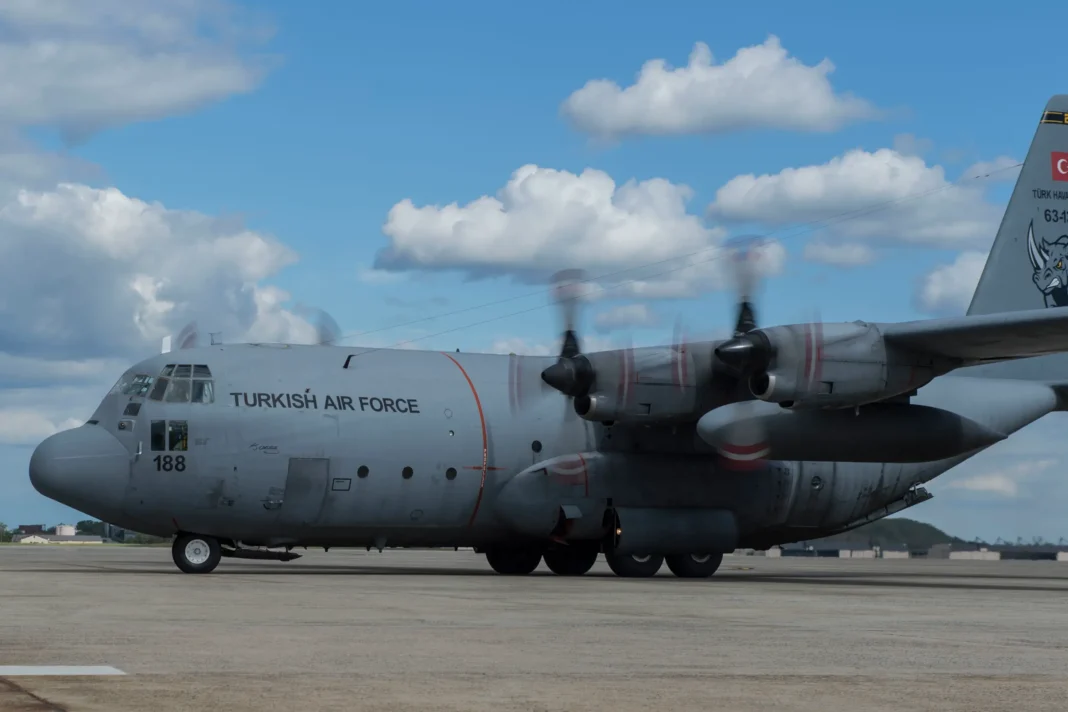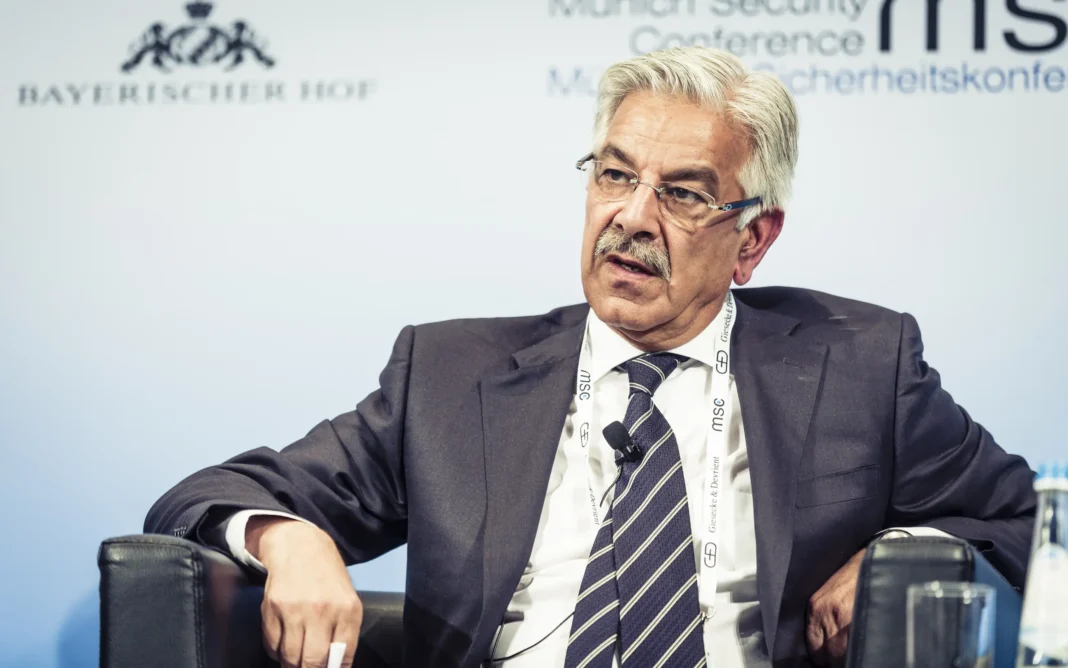A Turkish C-130 military aircraft (serial number 68-01606, flight code TUAF509) was observed flying towards Pakistan over the Arabian Sea on April 27, raising widespread speculation about potential military cooperation amid rising tensions between Pakistan and India.
According to open-source intelligence (OSINT) and aviation tracking data, the Turkish aircraft’s movement comes alongside unconfirmed reports suggesting that Turkish C-130s may have previously transported ammunition and spare parts for Pakistan’s UAV fleet, which includes the ANKA, Bayraktar TB2, and AKINCI models. There has also been speculation that the cargo could involve components or support material for Pakistan’s F-16 fighter jets.
However, sources close to the Turkish Ministry of Defense (MoD) have unofficially denied claims that earlier flights carried ammunition or military supplies, stressing that no official confirmation has been made regarding the nature of the mission. As of now, Ankara has not issued any formal statements on the matter.
Turkey’s extensive expertise in supporting F-16 fighters through its defense giant, Turkish Aerospace Industries (TAI), has fueled concerns that it could act as a parallel supplier for nations like Pakistan that occasionally face restrictions or delays from the United States.
While concrete evidence remains limited, defense analysts view the C-130 activity as potentially part of broader efforts by Turkey to bolster strategic alliances with Muslim-majority countries, especially as Ankara remains excluded from major Western-led initiatives like the India-Middle East-Europe Economic Corridor (IMEC). This trend parallels Turkish military engagements in Libya and Azerbaijan, reinforcing perceptions that Ankara may be quietly cultivating an informal axis of support countering the interests of India, Greece, and Western powers.
Should Turkey deepen its military outreach to Pakistan, this could further strain its already complex relations with the United States and Europe, particularly given Pakistan’s ongoing tensions with India, a strategic Western partner in the Indo-Pacific region.
While speculation continues, the coming weeks will be crucial in determining whether Turkey’s involvement represents isolated defense cooperation or the emergence of a broader geopolitical shift.





